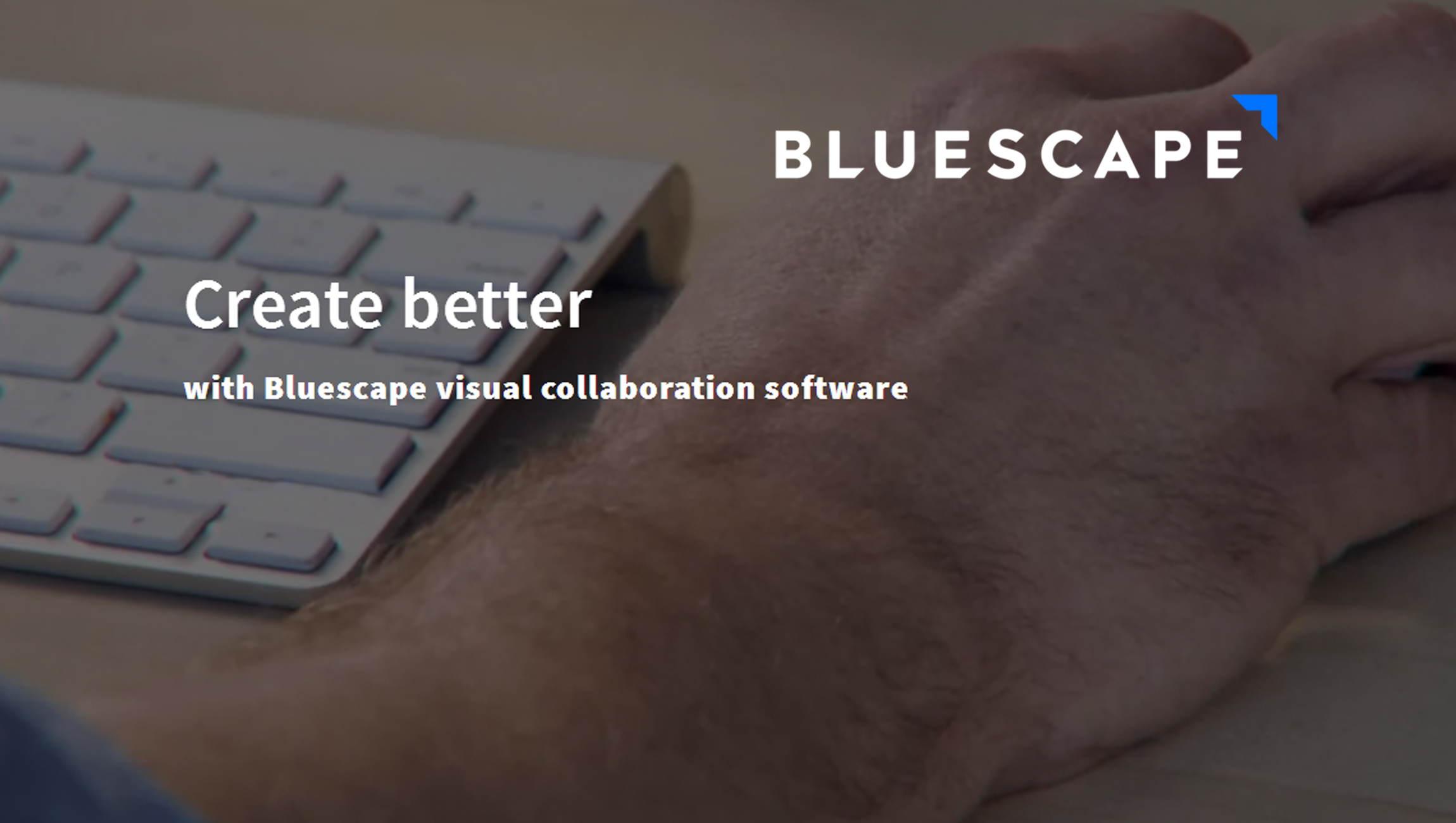The HVS Global Hospitality report A New Breed of Traveler finds that rising affluence, globalization, and increased access to communication technology have impacted the values of modern hotel guests. Experiences and the feeling of “being connected” are now more desirable than traditional hotel luxuries.
This new segment of traveler is no longer looking for white-linen service, bellboys to carry their luggage or a concierge. When millennial travelers look for a hotel or enter a hotel, they want to feel connected and to be in a setting where they can be part of a shared experience. A comfortable, modern lobby with stacked workspaces, hangout spots, and great Wi-Fi are more important than any single feature in a room. The changing nature of hotel guests is also prompting a change in traditional marketing methods.
Read Also: inMarket Leverages Its Location Data to Analyse Retailer Customer Loyalty
Customer loyalty will always remain critical for the hotel industry, as over two-thirds of travelers will choose to vacation somewhere they’ve already been. What’s more, millennial travelers have shown an increased interest in loyalty programs, which increases the likelihood of creating a more loyal generation of travelers than expected. Studies show that millennials will pay more per night (and travel out of their way) to stay with their preferred hotel brand.
But with the drivers of customer loyalty shifting, how can hotels adapt? The top strategies to implement are improved technology, personalization of experiences and loyalty programs, and gamification in both loyalty programs and marketing.
Technology Improvement
Traditional loyalty programs are failing to secure a following among choosy younger travelers, which leads to the question: What else you can do? The answer lies in Technology advancement.
- 52% of millennials want to use their mobile devices to take advantage of loyalty programs offered by restaurants, bars and coffee shops. Millennials want to be acknowledged, with personalized rewards that reflect their individual preferences. For the operator, this offers huge potential in collecting invaluable data about customer behavior and delivering targeted promotions to drive order value and revenue.
- The rise of the self-check-in hotel feels like a long-awaited inevitability. Self-service machines dominate supermarkets and airplane terminals—so why not hotel lobbies as well? Many hoteliers worry that last-minute deal apps are retraining customers to stop booking early in hopes of getting a better deal. But what hoteliers need to keep in mind is that such bargain hunters are a different customer altogether, and they rarely overlap with the “brand loyal” base.
- Make no mistake – millennials in every country are already using their mobile devices to conduct core functions with hotels. Among the findings: 20% had checked into a hotel using their mobile, while 46% had booked a hotel room through similar means.
Read Also: Yello Joins Thunderhead ONE Engagement Hub to Drive Customer Loyalty and Brand Advocacy
Personalizing the Experience
Personalization of loyalty programs and experiences can be achieved in three key ways.
- Specific personas: The first step of providing a personalized experience is knowing your customer base. A recurring, loyal visitor does not expect to be treated the same as a new customer. Categorizing customers based on their preferences and behavior patterns is a simple way to better connect and engage the customers. Techniques like micro segmentation can help hotels categorize customers in small exclusive groups to better analyze buying patterns and other trends.
- Targeted campaigns: Every customer likes a good deal but what that means differs from person to person. Tailoring your campaigns to cater to the needs of that customer (based on his/her profile) is a definite way to increase engagement. Techniques like key driver analysis and correlation analysis can help hotels shortlist the most significant drivers of customer loyalty.
- Digital channels: Over the last decade digital media has taken the center stage in the marketing strategy of all businesses. A dominant presence in social media circles like Facebook, LinkedIn, Instagram, Foursquare, etc. is a must for all hotels. The hotel industry can also benefit by using these channels to collect insights and data about their brand and customers, conduct social listening, and use text mining algorithms—all with purposeful intent.
Gamification of Loyalty and Marketing
Gamification is thought to be so successful because it engages the target audience and incites more commitment than passive methods of marketing and customer outreach. Increasingly, marketers are using gamification—or more specifically, the psychology of gamification—to attract, cultivate and retain brand enthusiasts over the coming years.
Hilton’s Embassy Suites has incorporated game techniques into its customer loyalty campaign. The campaign targeted 50,000 of Embassy Suites’ most loyal guests and solicited their participation with 10 different approaches, such as direct mail, email, and asking customers to play a game. The 5,000 people targeted by the game were most likely to open emails and later spent the most money. That group accounted for about $200,000 of the additional $1 million in revenue generated by the campaign.
Read Also: Anexinet Unveils New Mobile Customer Self-Service Platform To Increase Customer Lifetime Value












Comments are closed.